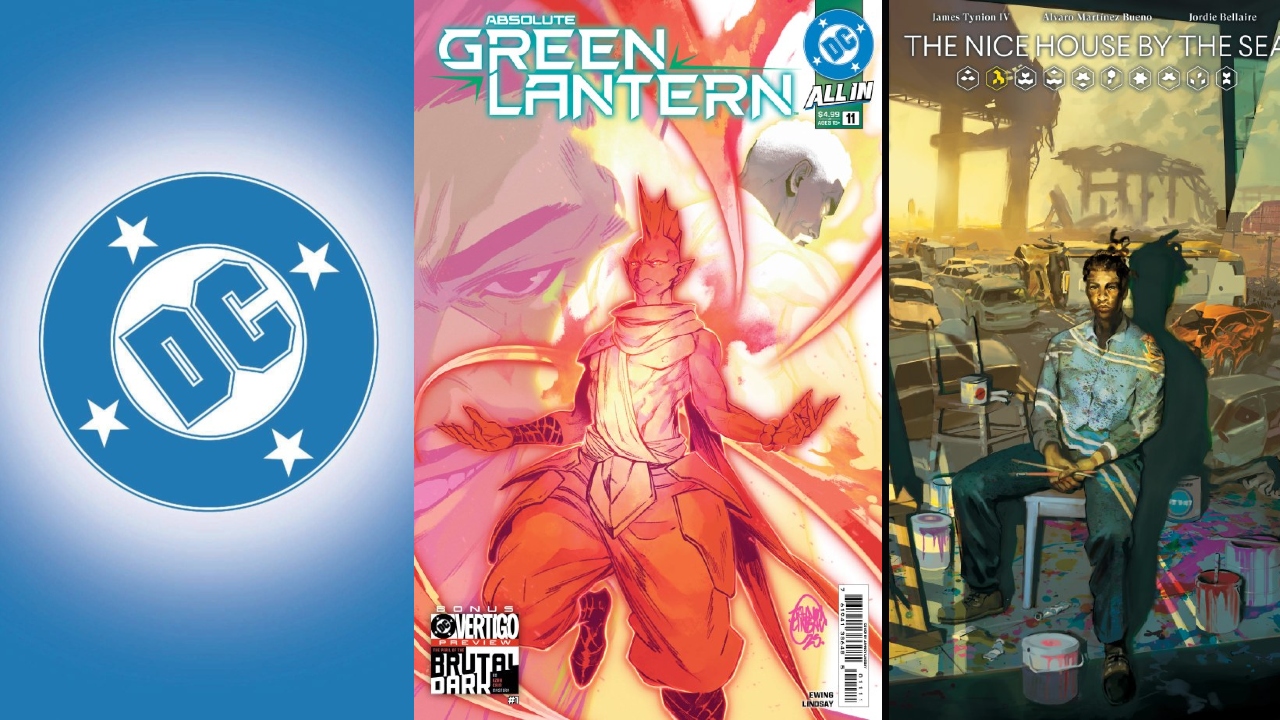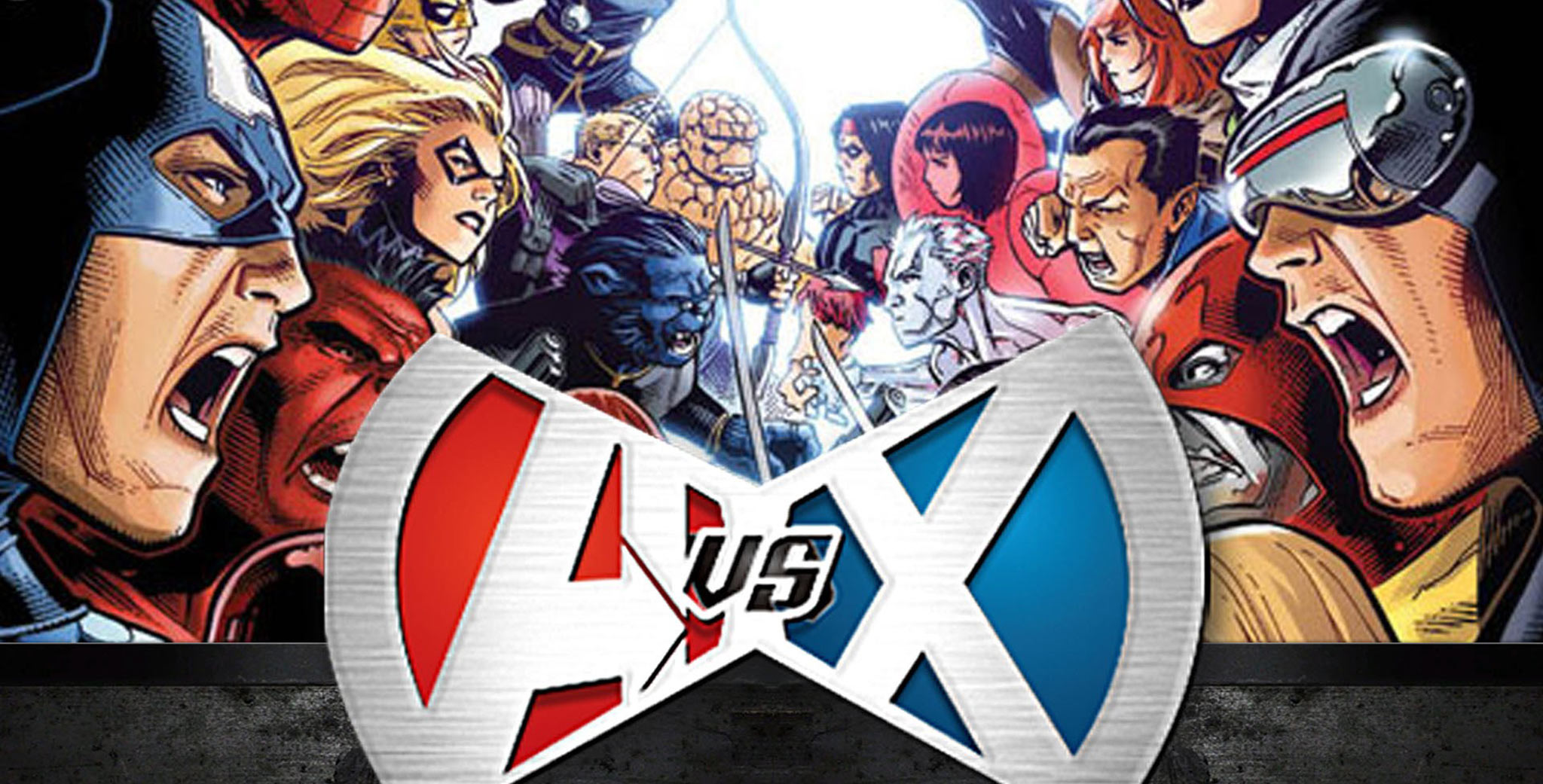
Over the course of its nine-season run, The Office went through plenty of ups and downs. However, there was no one thing that had a bigger impact than the departure of Steve Carell. His Michael Scott and his cringe brand of humor had been a staple of the show from day one (though one could argue that the real Michael Scott only came about in Season 2), and as such, his departure was bound to have an impact. As with all shows, when Michael left, the writers had to pivot.
This led to a necessary restructuring of the titular office itself. What followed were a few episodes of interviews that led to one major bombshell: Robert California was taking the CEO position and Andy Bernard the branch manager position. Given how prominent Dwight Schrute had been in the show, and how relentless he had been in his pursuit of power, you’d think they’d give him that opportunity, right?
Obviously, not the case. But why not? In an excerpt of an upcoming oral history of the series called The Office: The Untold Story of the Greatest Sitcom of the 2000s by Andy Greene, co-executive producer Aaron Shure expressed his reservations. In fact, he was apparently the only one who didn’t want to make Dwight branch manager.
“I did not think Dwight should be the boss because I think Dwight is not as benign as Michael Scott,” Shure said. “He’s like this weird amalgam of Mennonite and Star Trek nerd. There’s just so many candy bags to draw from that he carries around that I was worried that if we gave him the boss position it would just be disastrous. I also didn’t want Dwight to be empowered because I was afraid he wouldn’t be funny anymore with power. It’s funny if he sets the office on fire and blowtorches all the doorknobs. But if he did that all day long without any sort of check on his behavior, it would be terrifying.”
RELATED – Peacock Looking To Reboot The Office
So I guess I could see the reasoning on that front. Checked power-hungriness is funny, but unchecked could border on overly-malicious. But that wasn’t the only reason.

While Shure was the only one pushing for another Office branch manager that wasn’t Dwight, there was another major factor to the decision. Series regular Ed Helms had just exploded with a film called The Hangover.
“The writers and the cast, generally speaking, were really excited about Dwight becoming the boss,” writer Brent Forrester said. “It just felt correct, and that was our creative thrust. Mostly it was pushback from the network saying, ‘Well. Is there someone more famous that we can put in here?’ Of course, the creators always bristle at that and just want to do the right thing creatively. That was a big thing. But Ed Helms had this giant advantage because of course he was in The Hangover. Not to completely read the minds of the network, but that was my understanding of how that decision got made.”
Of course, we see how that turned out. While I do feel like those Andy Bernard-led episodes are given more s**t than they deserve (I really love the episode where he gets a “Nard Dog” tattoo), his fame did have its drawbacks. While I enjoyed the more tempered and uncertain Andy, Helms’ feature film obligations led to the amplification of Andy’s more self-destructive behavior. This led to some pretty cringy situations, and a real ass-backwards character arc for Andy by the series’ end.
As we all know, however, Dwight did end up getting a pretty positive character arc in his own right. He somehow became a decent human being and ultimately took over the office. All’s well that ends well, I guess?
LRM Online contributor and active Army soldier Kyle Malone needs your help. CLICK HERE to lend a hand to the cause!
—–
Have you checked out LRM Online’s official podcast feed yet The LRM Online Podcast Network? This includes our flagship podcast Los Fanboys, our premiere podcast Breaking Geek Radio: The Podcast, GeekScholars Movie News, and our morning show LRMornings. Check it out by listening below. It’s also available on all your favorite podcast apps!
Subscribe on: Apple Podcasts | Spotify | SoundCloud | Stitcher | Google Play
SOURCE: Rolling Stone
 FOR FANBOYS, BY FANBOYS
Have you checked out LRM Online’s official podcasts and videos on The Genreverse Podcast Network? Available on YouTube and all your favorite podcast apps, This multimedia empire includes The Daily CoG, Breaking Geek Radio: The Podcast, GeekScholars Movie News, Anime-Versal Review Podcast, and our Star Wars dedicated podcast The Cantina. Check it out by listening on all your favorite podcast apps, or watching on YouTube!
Subscribe on: Apple Podcasts | Spotify | SoundCloud | Stitcher | Google Play
FOR FANBOYS, BY FANBOYS
Have you checked out LRM Online’s official podcasts and videos on The Genreverse Podcast Network? Available on YouTube and all your favorite podcast apps, This multimedia empire includes The Daily CoG, Breaking Geek Radio: The Podcast, GeekScholars Movie News, Anime-Versal Review Podcast, and our Star Wars dedicated podcast The Cantina. Check it out by listening on all your favorite podcast apps, or watching on YouTube!
Subscribe on: Apple Podcasts | Spotify | SoundCloud | Stitcher | Google Play



